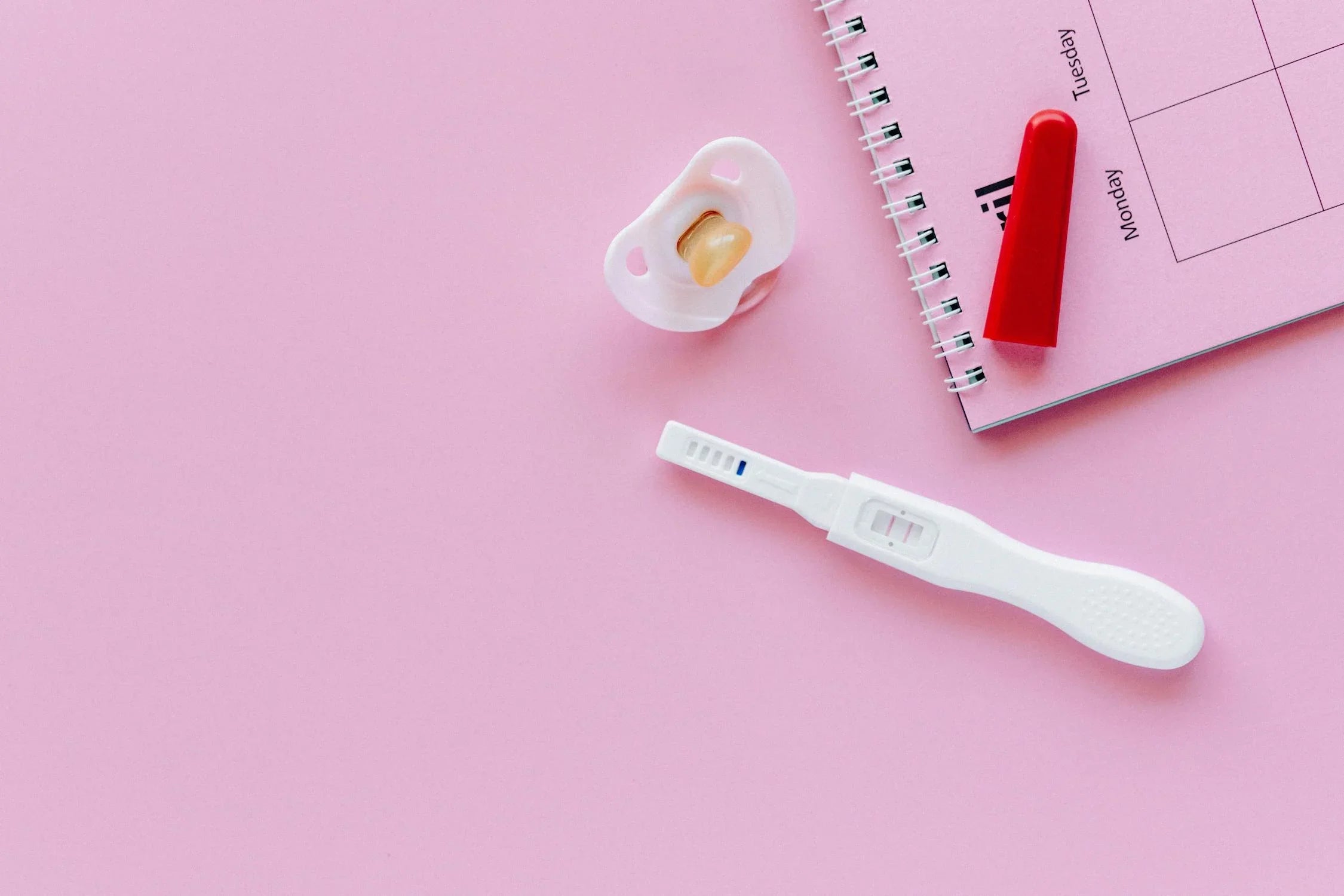Inicio
Pregnancy, Breastfeeding, and Pumping: The Ultimate Guide for Moms
How Soon Before Period Can I Take Pregnancy Test: A Comprehensive Guide

How Soon Before Period Can I Take Pregnancy Test: A Comprehensive Guide
Wondering how soon before your period you can take a pregnancy test? The answer lies in understanding how pregnancy tests work and the timing of key hormonal changes in your body. This guide will walk you through everything you need to know to make an informed decision.
Understanding Pregnancy Tests
Pregnancy tests detect the presence of human chorionic gonadotropin (hCG), a hormone produced by the placenta after a fertilized egg attaches to the uterine lining. hCG levels rise rapidly in early pregnancy, doubling approximately every 48 to 72 hours. Most pregnancy tests are designed to detect hCG in urine, but the sensitivity of these tests varies.
When Can You Take a Pregnancy Test?
The timing of when you can take a pregnancy test depends on several factors, including the sensitivity of the test and the regularity of your menstrual cycle. Here’s a breakdown:
Before Your Missed Period
Some highly sensitive pregnancy tests can detect hCG levels as low as 10 mIU/mL, which may allow you to test as early as 6 to 8 days after ovulation. However, testing this early increases the risk of a false negative, as hCG levels may not yet be high enough to detect.
On the Day of Your Expected Period
By the day of your expected period, hCG levels are typically high enough for most pregnancy tests to provide accurate results. Testing on this day reduces the likelihood of a false negative and increases the reliability of the result.
After a Missed Period
If you’ve missed your period, it’s a good time to take a pregnancy test. By this point, hCG levels are usually well above the detection threshold of most tests, making the results more reliable.
Factors Affecting Test Accuracy
Several factors can influence the accuracy of a pregnancy test, including:
- Test Sensitivity: Tests with lower hCG detection thresholds can provide earlier results but may also be more prone to false positives.
- Timing of Implantation: Implantation typically occurs 6 to 12 days after ovulation. Testing too early may result in a false negative.
- Urine Concentration: Using first-morning urine, which is more concentrated, can improve the accuracy of the test.
- User Error: Incorrect usage of the test, such as not following the instructions or reading the results outside the recommended time frame, can lead to inaccurate results.
Tips for Accurate Testing
To maximize the accuracy of your pregnancy test, consider the following tips:
- Read the Instructions: Each pregnancy test comes with specific instructions. Follow them carefully to ensure accurate results.
- Use First-Morning Urine: This is when hCG levels are most concentrated, increasing the likelihood of detection.
- Wait for the Right Time: Testing too early can lead to false negatives. Wait until at least the day of your expected period for more reliable results.
- Check the Expiration Date: Expired tests may not provide accurate results.
- Confirm with a Second Test: If you receive a positive result, consider taking a second test a few days later to confirm.
Emotional Considerations
Taking a pregnancy test can be an emotional experience, whether you’re hoping for a positive or negative result. It’s important to prepare yourself mentally and emotionally for the outcome. If you receive a positive result, consider reaching out to a healthcare provider to confirm the pregnancy and discuss next steps. If the result is negative but you still suspect you might be pregnant, wait a few days and test again or consult a healthcare professional.
When to See a Doctor
If you’ve taken multiple pregnancy tests with conflicting results, or if you’re experiencing symptoms of pregnancy but receiving negative test results, it’s a good idea to consult a healthcare provider. They can perform a blood test, which is more sensitive than urine tests, and provide further guidance.
Understanding how soon before your period you can take a pregnancy test is crucial for accurate results. By considering the sensitivity of the test, the timing of implantation, and other factors, you can make an informed decision about when to test. Remember, taking a pregnancy test is just the first step—confirming the results with a healthcare provider is essential for your next steps.
Compartir
